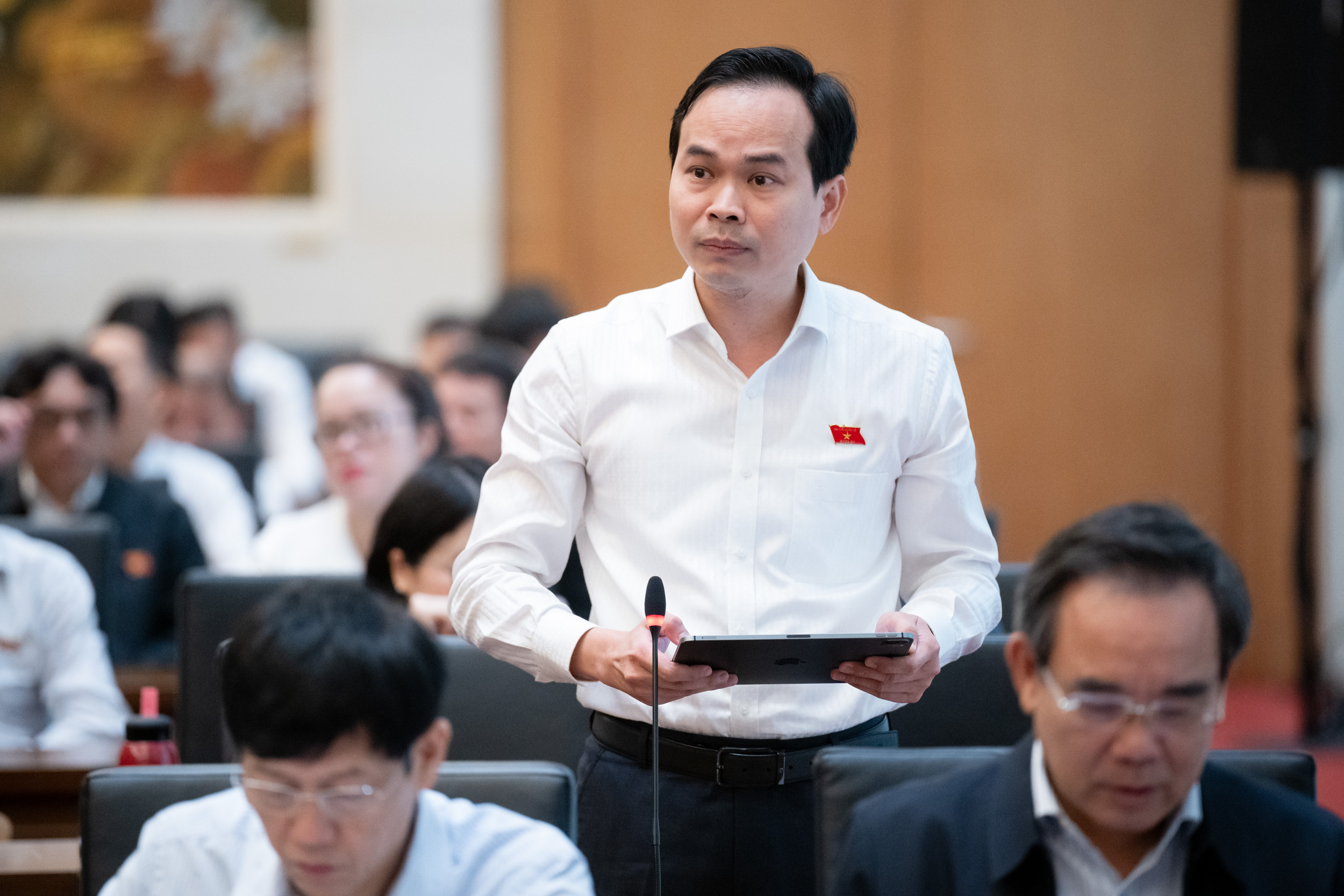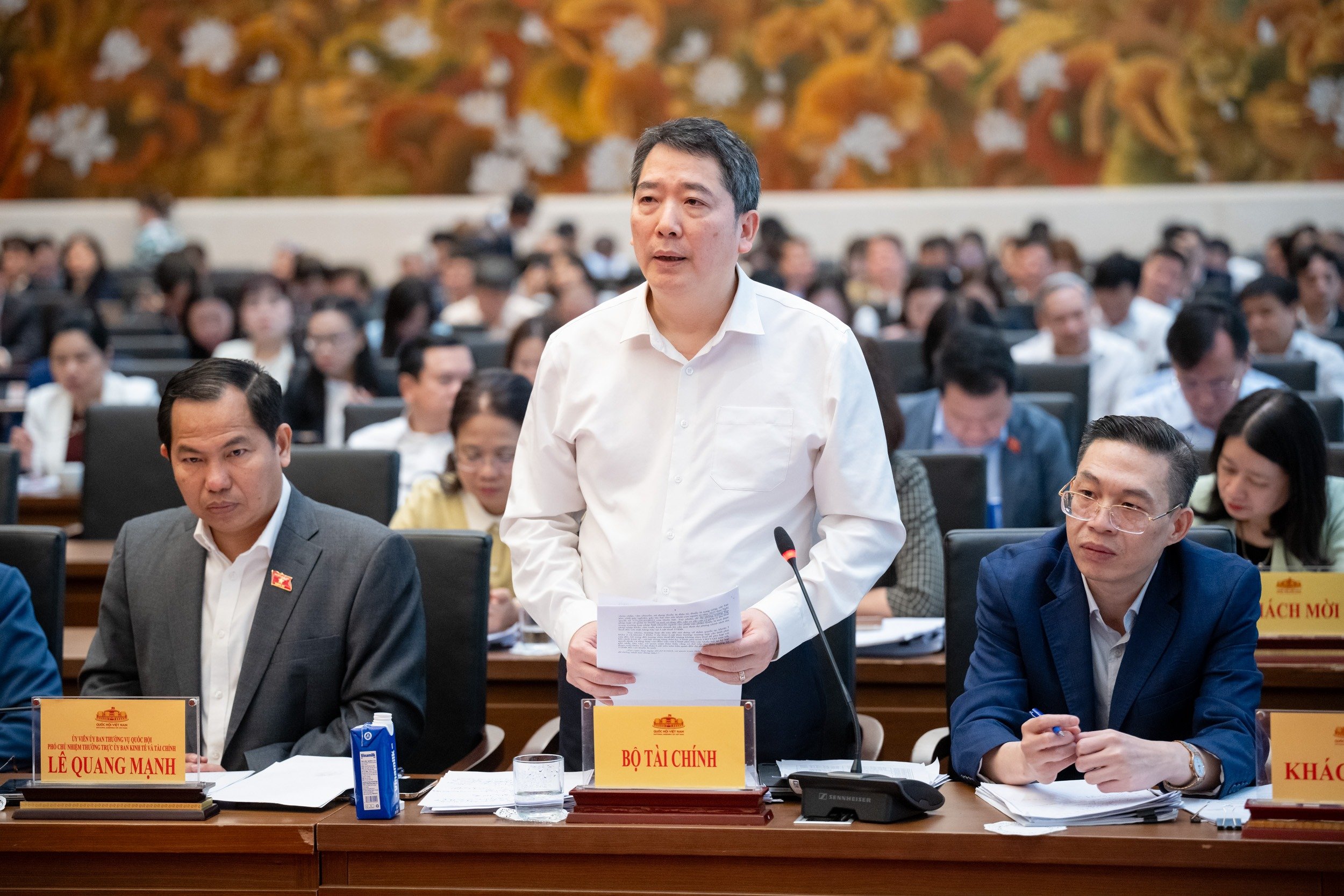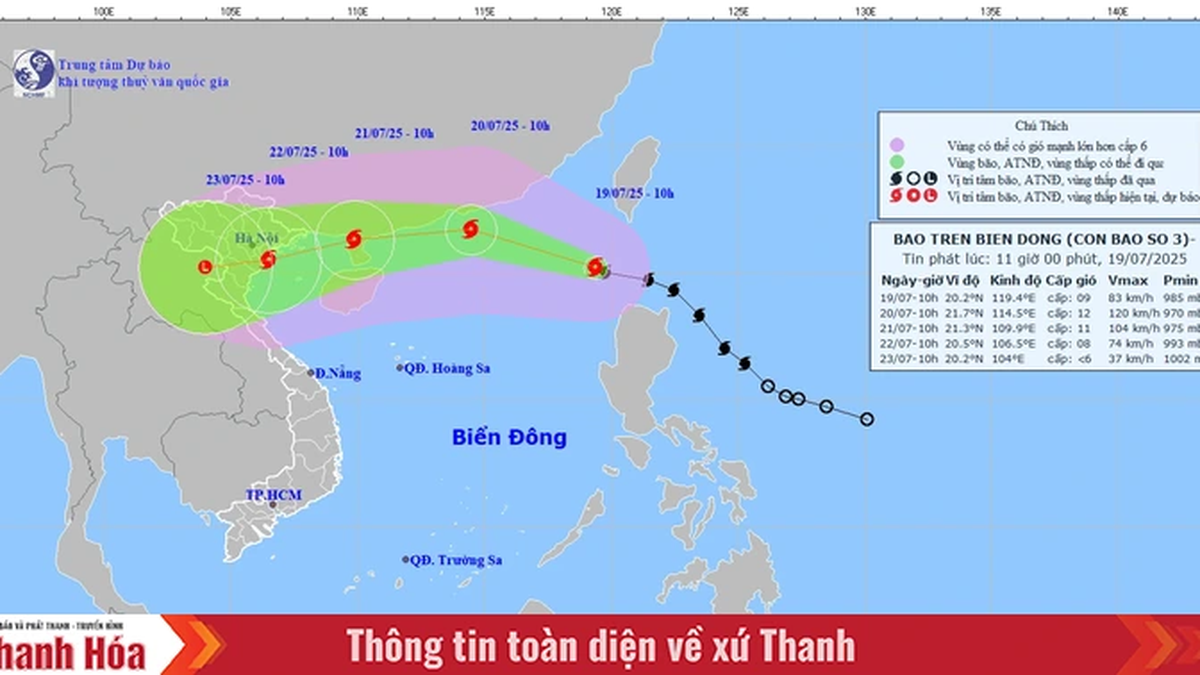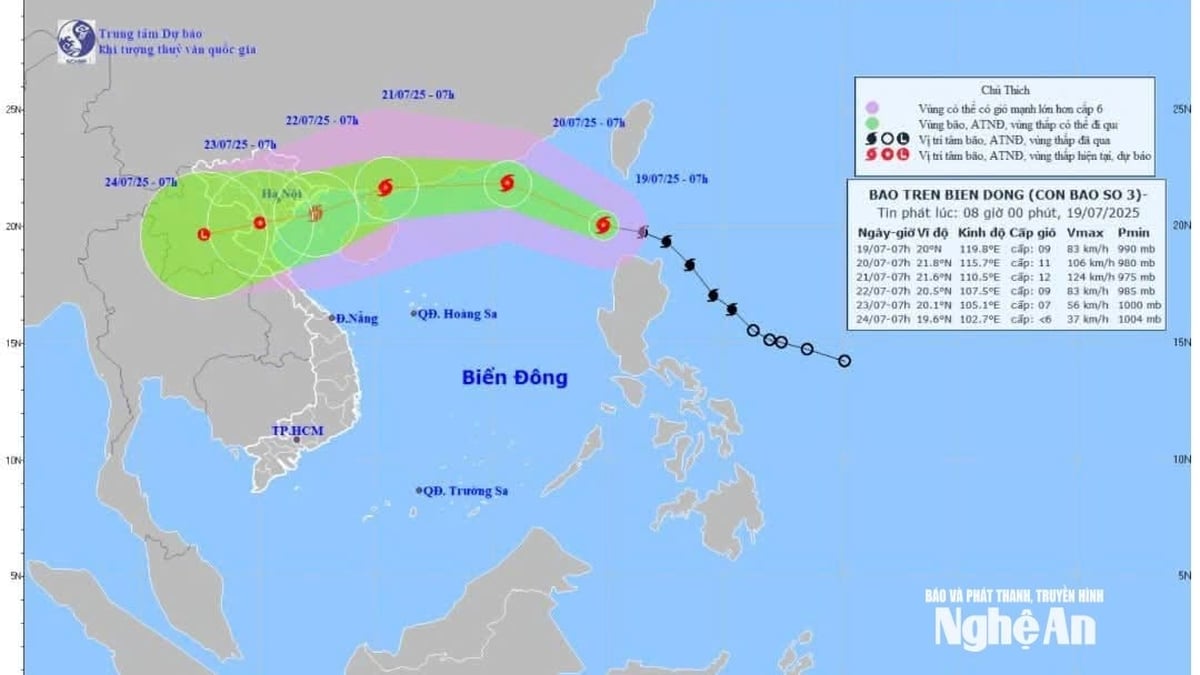National Assembly deputies worry that a sudden increase in excise tax on beer will lead to a drop in consumption and affect workers' income. The Ministry of Finance believes that there will be an impact, but human health must be put first.
On March 26, continuing the program of the 7th Conference of National Assembly Deputies, delegates discussed the draft Law on Special Consumption Tax (amended).

Delegate Nguyen Duy Minh - Deputy Head of the National Assembly Delegation of Da Nang City (Photo: National Assembly Media).
The draft after being accepted and revised includes 4 chapters and 12 articles.
Within the framework of the conference, delegates contributed ideas on adjusting special consumption tax on beer, alcohol, and tobacco; proposed a plan to defer special consumption tax...
Giving his opinion on adjusting the special consumption tax for the beer industry, delegate Nguyen Duy Minh, Deputy Head of the National Assembly Delegation in charge of Da Nang City, said that the tax imposition needs to be considered carefully and comprehensively, especially in three aspects of employment, local budget revenue, general state budget revenue and consumer health.
Regarding the impact on employment, the delegate said that the beer industry is currently creating millions of direct and indirect jobs across the country, from farmers growing raw materials, manufacturing plants to the transportation, distribution and retail systems.
If the tax is suddenly and strongly increased as currently proposed, it will cause the price of legal beer to increase, leading to a decrease in consumption and revenue, forcing businesses to cut staff, affecting workers' income.
Regarding local budget revenue, the beer industry currently contributes tens of thousands of billions of VND each year to the state budget.
However, as legal consumption declines, these revenue streams will be significantly reduced.
Therefore, tax adjustments need to be carefully calculated so as not to create pressure on revenue sources.
Delegates suggested that the Drafting Committee conduct a comprehensive and transparent impact assessment, consider a reasonable tax adjustment roadmap, with a minimum delay of 1 year so that businesses have time to prepare and consumers have time to adapt.
Contributing at the conference, delegate Hoang Van Cuong (Hanoi) agreed that special consumption tax should be imposed to reduce the consumption of products such as cigarettes, alcohol and beer because these are harmful to health.
However, he expressed concern about the tax calculation method. The tax draft proposes that from 2026 to 2030, the tax will increase by 5% per year for alcohol and beer products and by 1,000 VND per pack of cigarettes each year.
"What is the significance of increasing 5% every year and 1,000 VND every year? Will it make consumers change their consumption behavior?", the delegate asked.
For those reasons, the delegate proposed to remove the annual increase and increase it one time, each time it can increase by a large amount.
According to delegate Hoang Duc Thang, Deputy Head of the National Assembly Delegation of Quang Tri province, the proposed plans to increase the special consumption tax rate all lead to higher prices, consumers may look for cheaper products and trigger manual production and smuggling...

Deputy Minister of Finance Cao Anh Tuan clarified the opinions raised by delegates (Photo: National Assembly Media).
Receiving explanations about opinions related to tax on beer, Deputy Minister of Finance Cao Anh Tuan once again affirmed that the goal of imposing special consumption tax is not to increase budget revenue but to adjust consumer behavior.
In addition, the imposition of special consumption tax on tobacco, alcohol and beer is to implement two laws, the Law on Prevention of Tobacco Harms and the Law on Prevention of Alcohol Harms.
Citing the implementation of the regulation that if you drink alcohol, you must not drive since the Law on Prevention and Control of Harmful Effects of Alcohol and Beer was issued, Mr. Tuan said: "In reality, at first it also affected production, but we must put human health first."
Explaining further about the tax technique, or the proposal to tax beer based on alcohol content, Mr. Tuan pointed out that 20 years ago, our country had to make adjustments because it was not in line with international practices.
"When we committed to the WTO, we had to adjust the tax content. Therefore, we cannot adjust the tax according to alcohol content," Mr. Tuan emphasized.
Source: https://www.baogiaothong.vn/dai-bieu-lo-tac-dong-khi-tang-thue-voi-bia-bo-tai-chinh-giai-trinh-gi-192250326150457529.htm




































































































Comment (0)